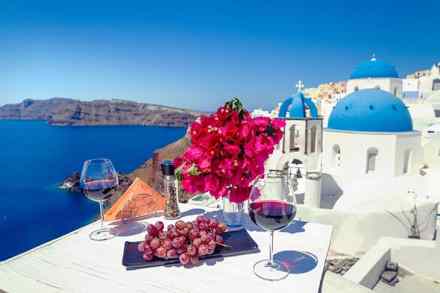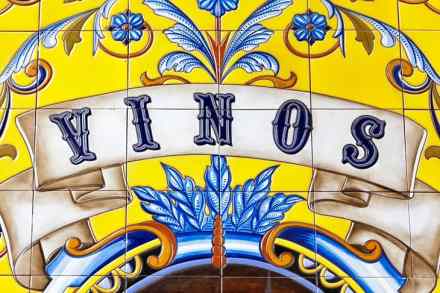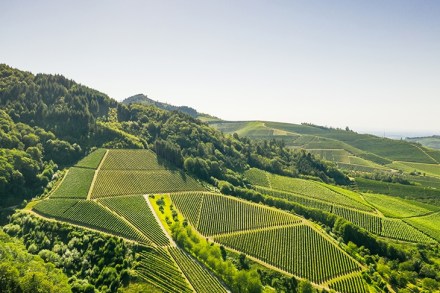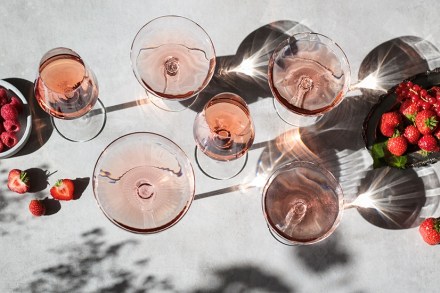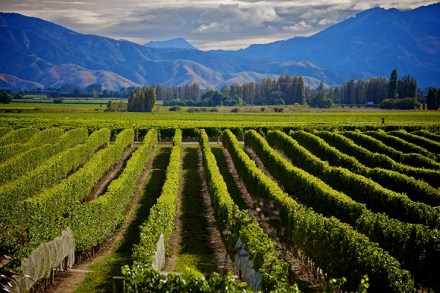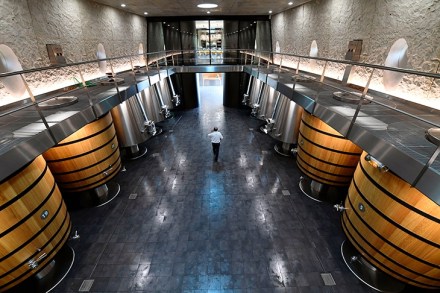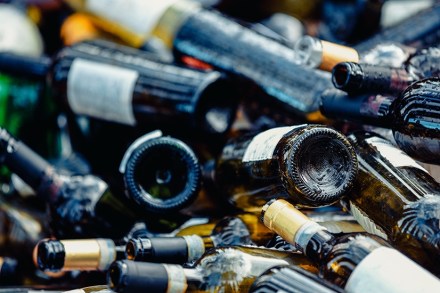Vega Sicilia: the best Spanish wine I have ever tasted
Four hundred and fifty years ago this month, a great victory helped to safeguard European civilisation. The battle of Lepanto would be more enthusiastically commemorated if our civilisation retained its self-confidence. For decades, the Ottoman empire had been menacing western Europe. Suleiman the Magnificent was the most formidable commander of the age, and Europe was doubly divided, both by the endemic rivalry between Spain and France and by the Reformation. Popes made regular attempts to persuade European monarchs to set aside their differences but these were usually unavailing. Rulers with other preoccupations often anticipated Stalin’s question: how many divisions has the Pope? By the 1570s, Venice was encouraging an anti-Ottoman


